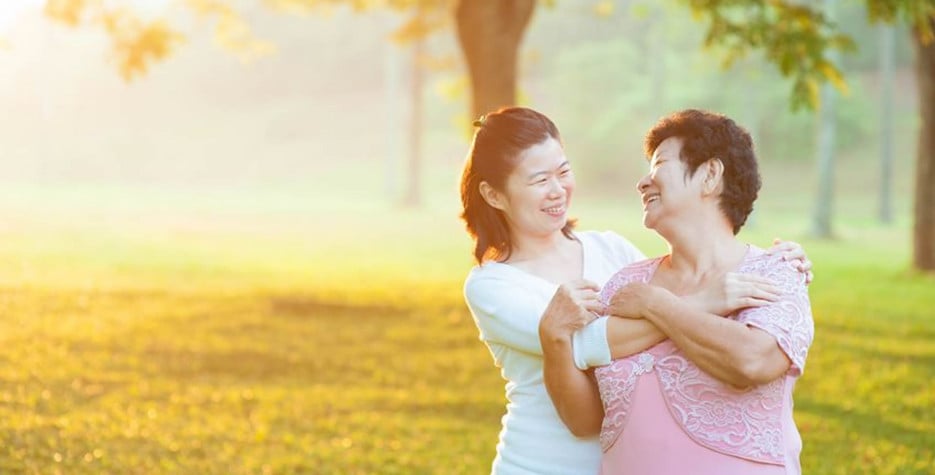When is Respect of the Aged Day?
This Japanese national holiday is celebrated on the Third Monday in September.
The holiday, also known as Seniors' Day, Respect of the Aged Day, or Keiro no Hi, began life as a local festival in 1947 when the mayor of Nomadani-mura (now Taka-cho) in the Hyōgo Prefecture proclaimed September 15th as 'Old Folks' Day'. The mayor wanted to host an event during which people could look to their elders for guidance and wisdom.
The idea soon caught on in other communities across Japan and Respect for the Aged Day was declared as a national holiday in 1966. The day is intended to express respect for the elders in the community, to recognise and thank them for their contributions to society and last but not least, to celebrate their long lives.
Respect for the aged is a longstanding custom in Japanese culture. The honorific system of speech, keigo, is used when speaking to people older than oneself to show respect.
Until 2003, the holiday was observed on September 15th. Since 2004, Respect for the Aged Day has instead been observed on the third Monday of September.
Traditions of Respect of the Aged Day
To honour their elders, many communities throw parties and offer special gifts to bring even more longevity to their lives. Volunteers bring free bento-box lunches to their elderly neighbours
Did you know?
Japanese citizens who become 100 years old in the 12 months prior to the day receive a silver sake dish on Respect the Aged Day. Since 2016, the dishes have been silver-plated rather than pure silver as the increasing number of centenarians made the silver dish too expensive a gift for the government to give to such a high number of people each year.
The share of Japan's elderly population has remained on the rise since 1950 and is expected to surge to as high as 35.3% in 2040. The ageing of the population in Japan is a major issue as it creates concerns over how the country will fund health care and social security payments in the future with a contracting workforce
Japanese media often take the opportunity to feature the older generations, reporting on the population and highlighting the oldest people in the country.
The number of people in Japan aged 100 or older has risen to a record high of nearly 100,000, its government has announced.
Setting a new record for the 55th year in a row, the number of centenarians in Japan was 99,763 as of September, the health ministry said on Friday. Of that total, women accounted for an overwhelming 88%.
Japan has the world's longest life expectancy, and is known for often being home to the world's oldest living person - though some studies contest the actual number of centenarians worldwide.
It is also one of the fastest ageing societies, with residents often having a healthier diet but a low birth rate.
The oldest person in Japan is 114-year-old Shigeko Kagawa, a woman from Yamatokoriyama, a suburb of the city Nara. Meanwhile, the oldest man is Kiyotaka Mizuno, 111, from the coastal city of Iwata.
Health minister Takamaro Fukoka congratulated the 87,784 female and 11,979 male centenarians on their longevity and expressed his "gratitude for their many years of contributions to the development of society".
Japanese Govt. Press Release, September 12th 2025
Why do the Japanese have such longevity?
The secret to longevity in Japan is likely the healthy Japanese diet, which is low in foods containing heart-damaging trans fats and sodium and high in fresh vegetables and fatty fish such as salmon, fresh tuna, mackerel, sardines, and herring that are a great source of heart-healthy omega-3 fatty acids.
In addition, Japanese people have the lowest obesity rate in the developed world — 3%–versus 11% for the French and 32% for Americans, according to the International Obesity Task Force. This is not a genetic trait, say dietary experts, because when Japanese people adopt a Western-style diet heavy in red meat, fast foods, and fried foods, they put on weight quickly.
Still, studies show that the average Japanese adult eats about 25% fewer calories per day than the average American, which could partly explain their lengthy lifespan.


